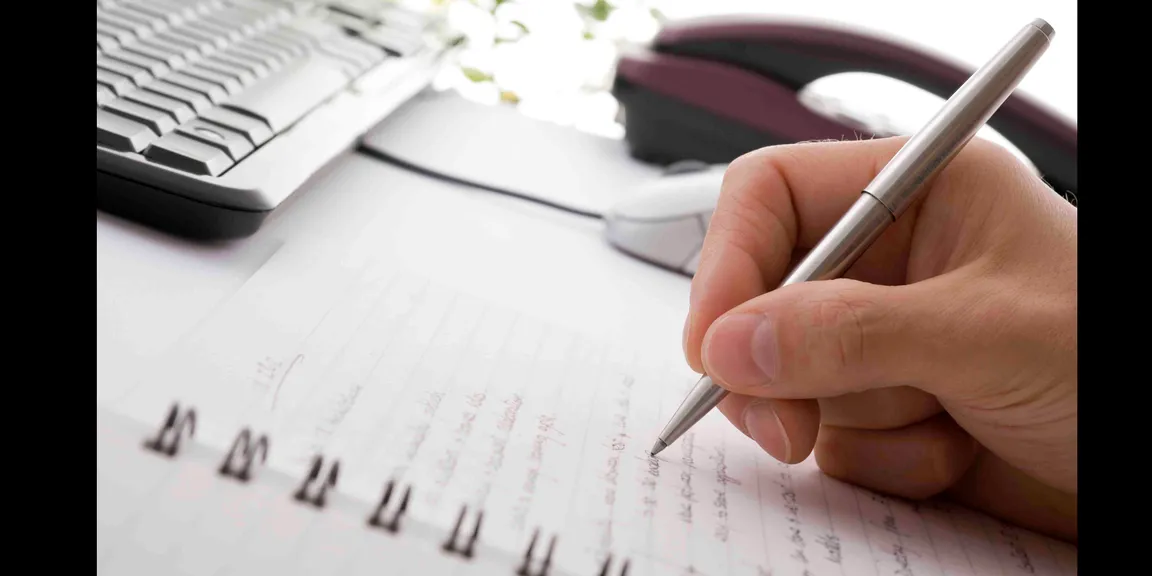

Seven tips for a good library assignment
When you have studied well and have a clear idea about what you have to write, start writing. Start your library assignment with a good introduction

In every stage of life, education comprises three things: getting information, application and assimilation. The assignment is a piece of work allocated to perform a particular task that requires the use of library material for locating information. It is supposed to be completed in the specified time. Library-based assignments encourage students to inquire deeply, think critically, and engage in the discourse of their discipline. Effective library assignments promote critical thinking by demanding student not only produce the information but to evaluate why a specific source is proper and reliable. If designed efficiently, library-based assignments can inspire the development of skills that lead to information competency. Here are the 7 great tips to assist you in making a good library assignment:
Tip 1: Understand the question
You need to read out the question and the guidelines several times just to be make sure about what you are required to complete it. If you are uncertain about what you are asked to do, ask your teacher again for clarification or request your classmates to explain it to you. It is undoubtedly a better choice to ask questions rather than wasting time in doing the wrong assignment and then re-writing it later. Check out what is the criteria and guidelines of your assignments that include how many words or pages you are asked to write.
Tip 2: Understand the topic
You need to understand the topic and plan how you are going to perform the research. Look for the keywords cognitive intelligence in your assignment that indicate what type of work the teacher wants you to produce. Such words help you frame your paper, find your audience, and generate the type of writing your teacher expects. Identify the material you need to carry out in the task – concepts, factual information, etc. Establish your opinions by thinking thoroughly about the ideas in your mind. Visit your school’s or nearest library and issue books related to your topic.
Tip 3: Research
Make sure you have all the material that will be required to write your assignment. You will find the most relevant information from books – your course related and the ones issued from the library. Never totally depend on internet based research and, however, material obtained from the internet is abundant and available without effort but it can vary from the accurate information found from the library and textbooks.
Tip 4: Write
When you have study well all the material and have a clear idea about what you have to write, start writing. Start your library assignment with a good introduction. The introductory part of your assignment is something that either attracts the attention of the reader or they completely lose it. Make sure the opening of your assignment is interesting and attention grabbing. Rest of the content of your project should describe the topic you are writing on. The body of your project is destined to clarify or describe the topic that you have chosen to write about. The main ideas that you jotted down in your mind map become a separate paragraph within the body of your assignment. The basic arrangement of each paragraph in the body will remain the same. Start the paragraph by stating one of your main ideas as the opening sentence of the paragraph. Follow the opening sentence by writing your supporting ideas in sentence format, leaving a few lines between each point so as you can come back and add examples to back up your statements.
Tip 5: Formatting and presenting
You library assignment should be written and formatted correctly because you are going to be marked on every single thing related to the project. Take care of the following points:
• Set the margins at minimum 2.5 cm, maximum 3 cm all around.
• Fonts need to be clear and easy-to-read.
• Use bold for headings and avoid underline or italics on them.
• Insert a header or footer on each page except the title and cover page.
• It should contain your full name, your student ID and the name of your instructor.
• Include a word count at the end of the assignment.
• Your assignment should not more than 10% under or over the prescribed word count.
• Include a reference list at the end of your assignment. It should include all the references to the books you used to complete your library assignment.
Tip 6: Word Count
Include the count of words at the end of the assignment, before the references. Your project should not more than 10% under or over the prescribed word count.
Tip 7: Proofread
Once you have completed your library assignment, be sure to recheck it. Since it is difficult to point out your own mistakes, you can ask someone to proofread your assignment.






